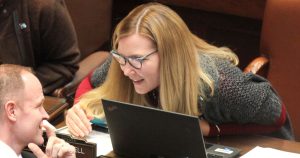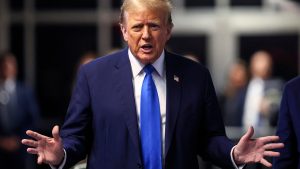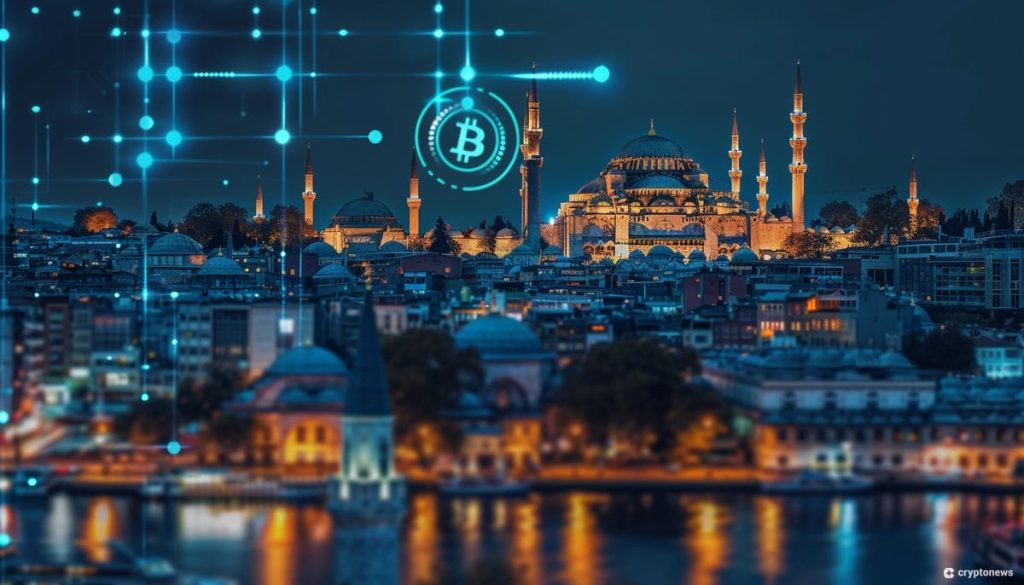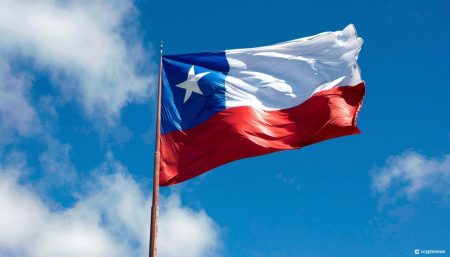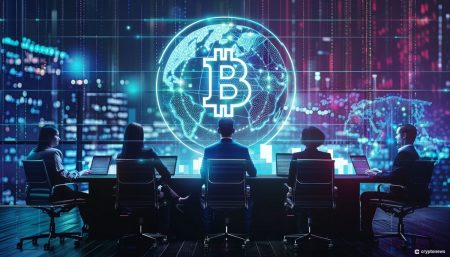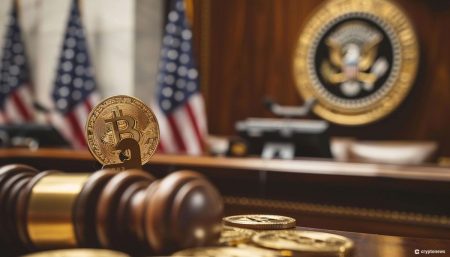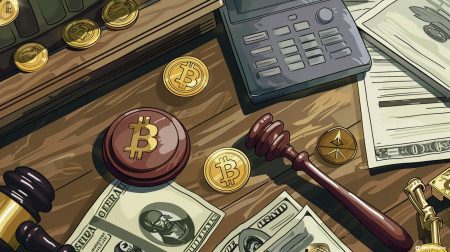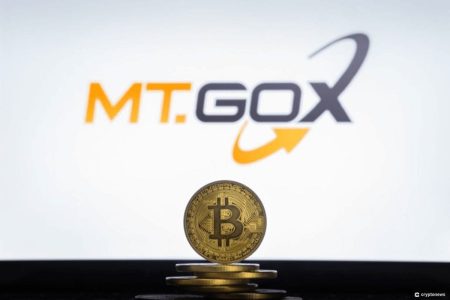Tether has teamed up with Fuze, a digital assets infrastructure provider, to enhance educational efforts surrounding digital assets in Turkey and the Middle East. The partnership, outlined in a Memorandum of Understanding, aims to address various aspects of education in the digital asset realm, including cross-border payment solutions, compliance, regulatory framework development, and education for local financial institutions. One of the main initiatives of the partnership includes educational campaigns to promote the adoption of digital assets like Bitcoin, Blockchain, and Tether for facilitating cross-border payments. These campaigns will highlight the efficiency and accessibility benefits of using digital assets in a compliant manner, benefiting businesses and individuals in the region.
Through the collaboration, Tether and Fuze will develop programs and workshops to enhance awareness and understanding of digital assets and blockchain technology among local financial institutions and individuals. These initiatives will align with evolving regulatory requirements and standards to ensure compliance in the changing regulatory landscape. Furthermore, the partnership aims to educate merchants and businesses on the practical utility of digital assets like Bitcoin and Tether for everyday transactions. By raising awareness and promoting adoption, the goal is to demonstrate the tangible benefits of digital assets in day-to-day operations and engage local and regional banks and financial institutions in leveraging stablecoins and digital assets effectively.
The partnership between Tether and Fuze seeks to accelerate the digital assets landscape by educating stakeholders at all levels, ensuring that everyone from institutions to end consumers can benefit from the opportunities presented by well-managed, secure, and trusted digital assets. Tether’s USDT recently surpassed a market capitalization of $100 billion, demonstrating significant growth year-to-date. With a market cap lead of over $71 billion compared to its closest competitor, USD Coin (USDC), Tether has achieved success in the digital assets space. However, concerns about the quality of assets backing USDT have persisted, with a recent United Nations report highlighting Tron’s popularity for cyber fraud and money laundering activities in Southeast Asia. Tether has refuted these claims, emphasizing its collaboration with law enforcement and the traceability of its token.
Paolo Ardoino, CEO of Tether, expressed enthusiasm about the collaboration with Fuze and emphasized the importance of empowering individuals, businesses, and financial institutions in navigating the evolving landscape of finance with confidence and clarity. The educational campaigns and initiatives launched as part of the partnership with Fuze aim to bring digital assets within reach of people across Turkey, the Middle East, and North Africa. By focusing on practical use cases and benefits of digital assets, such as increased efficiency and accessibility in cross-border payments, the collaboration between Tether and Fuze aims to drive adoption and awareness of digital assets in the region among various stakeholders.
Overall, the strategic collaboration between Tether and Fuze marks a significant effort to elevate digital asset education in Turkey and the Middle East, focusing on promoting the adoption of digital assets, educating stakeholders at all levels, and ensuring compliance in the regulatory landscape. By developing programs and workshops, engaging with local financial institutions and individuals, and emphasizing the practical utility of digital assets for everyday transactions, the partnership aims to accelerate the digital assets landscape and ensure that stakeholders can benefit from secure and trusted digital assets. Despite concerns about the quality of assets backing USDT, Tether remains committed to collaboration, education, and transparency in the digital assets space.
